…Ex-President, Chidoka, Amosun, Others Harp On Leadership, Culture, Moral Reform
Daud Olatunji
Former President Olusegun Obasanjo on Friday disclosed that he once rejected a proposal to make former Kaduna State Governor, Nasir El-Rufai, his successor because he considered him “not mature enough” for the role at the time.
Obasanjo made the revelation at the second edition of the Ajibosin Platform Annual Symposium held in Abeokuta, Ogun State, where national leadership, value reorientation, and moral rebirth dominated discussions.
The former president, who spoke shortly after the keynote address by former Aviation Minister Osita Chidoka, interrupted the presentation to recount the behind-the-scenes conversation that took place toward the end of his tenure in 2007.
“Let him (Chidoka) tell you,” Obasanjo interjected humorously, “he didn’t mention that he was among those who were pushing that his friend, El-Rufai, should succeed me as president.”
Turning to Chidoka, he asked, “No be so?” — to which the former minister smiled and nodded in agreement.
Obasanjo continued: “I did not yield to the pressure. I said El-Rufai needed to mature. And years later, when Chidoka saw his performance, he came back to me and said, ‘You were absolutely correct.’
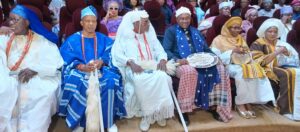
The former president said he had always placed a premium on leadership training, discipline, and exposure, which he described as indispensable for good governance.
“We cannot talk about leadership without character,” Obasanjo said. “Character is very important. Even in the army, leadership is about human management, integrity, and the courage to take responsibility.”
The former Nigerian leader, who reflected on his early life and experiences, said his upbringing in a rural community, coupled with his education under Anglican and Baptist influences and his years in the military, shaped his philosophy of leadership.
“I was born and bred in a village where the whole community raised a child. I also had the advantage of religious and military training, which exposed me to people from different backgrounds,” he noted.
“Going to war teaches you about humanity — you see the best and worst in people.”
Obasanjo also narrated an encounter he had with a notorious armed robber, Baba Ali, during his imprisonment in Yola.
He said the criminal’s eventual transformation into a pastor underscored the power of redemption and character rebuilding.
“When I met Baba Ali in prison, he told me God could never forgive him. I told him Moses and David were also murderers, but God used them. Two years after I left prison, Baba Ali became a pastor. Even his brother who followed him into robbery is now a pastor,” Obasanjo recounted.
He lamented the lack of leadership grooming in Nigeria’s political system, saying even armed robbers have a form of apprenticeship while politicians do not.
“It’s only in politics that there is no training for leadership,” he stated. “If you want to be a teacher, you go for teacher training; but in politics, people just jump in. That’s part of our problem.”
Obasanjo further emphasized that good leadership requires knowledge, exposure, and continuity, describing development as “60 percent about human capacity building.”
‘Nigeria’s problem Failure Of Systems, Not ideas’ – Chidoka
Earlier in his keynote address, Osita Chidoka said Nigeria’s major challenge was not the absence of ideas but the failure to build enduring systems that outlive individual leaders.
“Leadership finds its true measure not in speeches or charisma but in the systems it leaves behind,” Chidoka said.
“Moral conviction must translate into the everyday machinery of governance — rules, routines, and institutions that make competence predictable and corruption difficult.”
He urged Nigerians to stop offering excuses for national failure and instead change the culture that encourages mediocrity and nepotism.
“Every time we talk about Nigeria, people say the constitution is faulty. The real problem is the culture of ‘it is our turn’ that drives corruption and nepotism. We must change our societal values that glorify excuses over results,” he declared.
Chidoka called for a national system that measures leadership performance by results rather than rhetoric.
“We must hold leaders accountable by building national dashboards that track promises, budgets, and outcomes,” he said.
Amosun, Ogunleye, others call for value reorientation
Also speaking, former First Lady of Ogun State, Mrs. Funsho Amosun, stressed the need for Nigerians to take personal responsibility for national transformation.
“We must stop waiting for others to act. If not me, then who? Nigerians are intelligent people. We know what is right and what is wrong,” she said.
“When we are abroad, we obey laws; but at home, we break them. That must change if we truly want development.”
On his part, urban planner Dr. Moses Ogunleye called for competence and integrity as key criteria in leadership selection.
“A leader’s weakness in exposure will affect the entire followership,” he warned. “Leadership is about integrity; those who lead must be willing to be probed.”
Other panelists, including Mrs. Ige and Musteqeemah, emphasized the role of moral energy, intergenerational collaboration, and selflessness in governance.
“Selfish interest remains one of Nigeria’s biggest challenges,” Mrs. Ige noted, while Musteqeemah urged older leaders to “allow the younger generation to take responsibility and innovate.”
‘Leadership Must Model Integrity’
Obasanjo, in his closing remarks, reiterated that leadership must be modeled on integrity, moral discipline, and adequate preparation.
“A leader must be a model. If your leader is not a model, he is not good enough,” he said. “There is no substitute for good leadership and for understanding that development begins with building people.”
The symposium, themed “Building a Culture of Responsible Leadership in Nigeria,” attracted academics, politicians, and civil society leaders who all agreed that Nigeria’s rebirth must begin with cultural and moral renewal anchored on accountability and discipline.
Do you want to share a story with us? Do you want to advertise with us? Do you need publicity for a product, service, or event? Contact us on WhatsApp +2348183319097 Email: platformtimes@gmail.com
We are committed to impactful investigative journalism for human interest and social justice. Your donation will help us tell more stories. Kindly donate any amount HERE



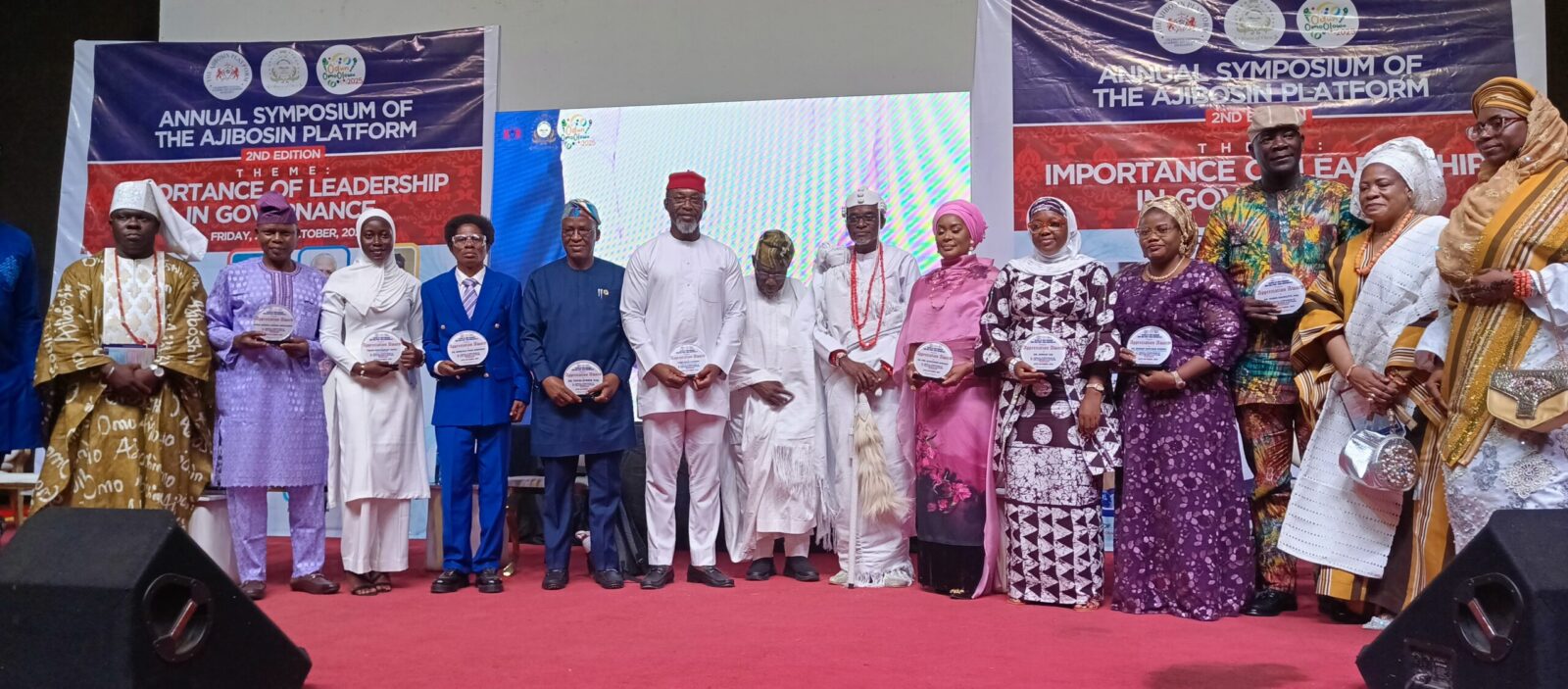





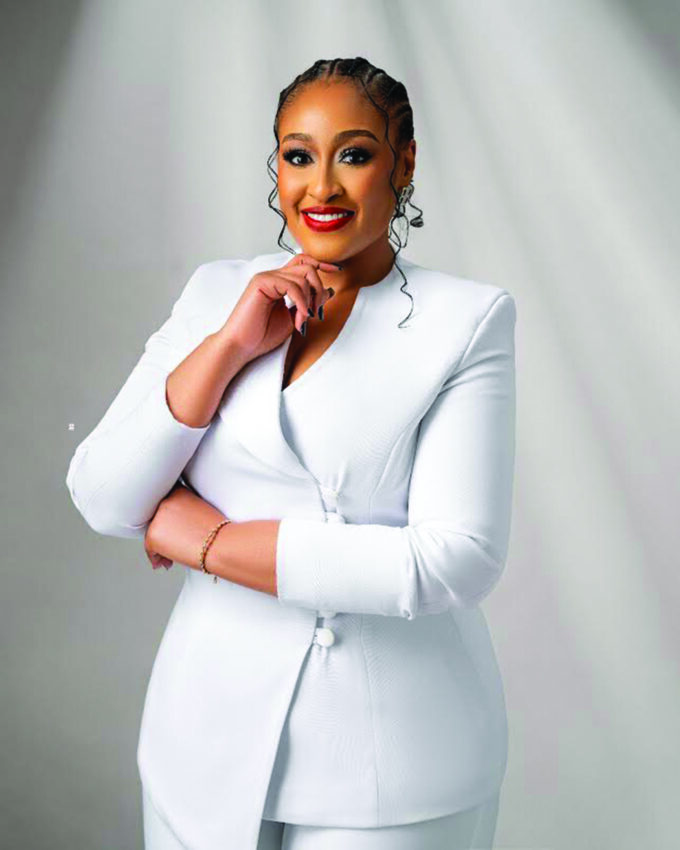

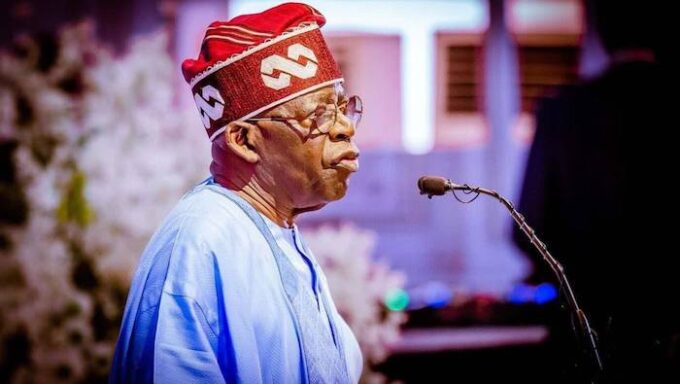
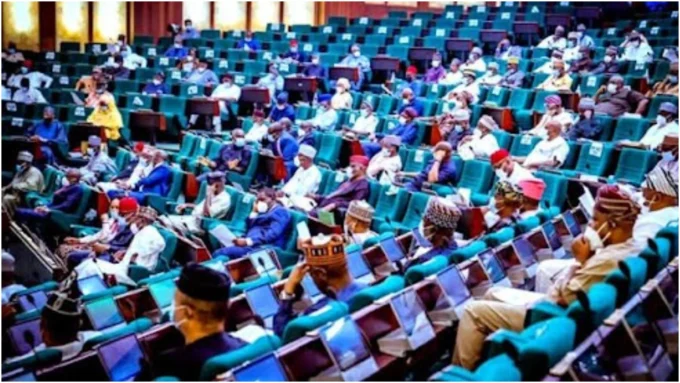
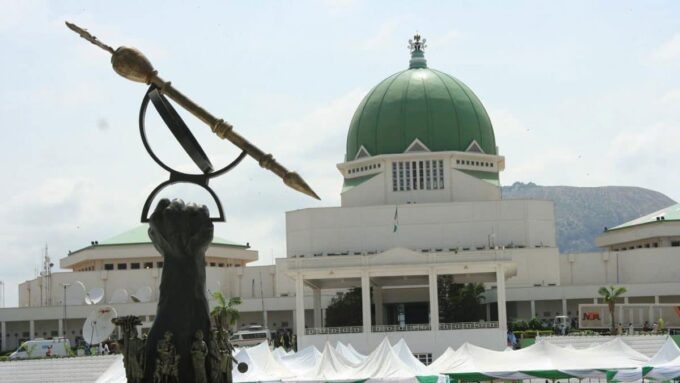


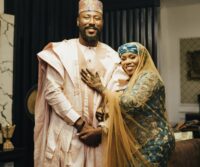
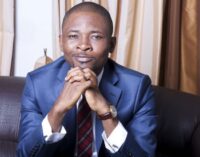

Leave a comment